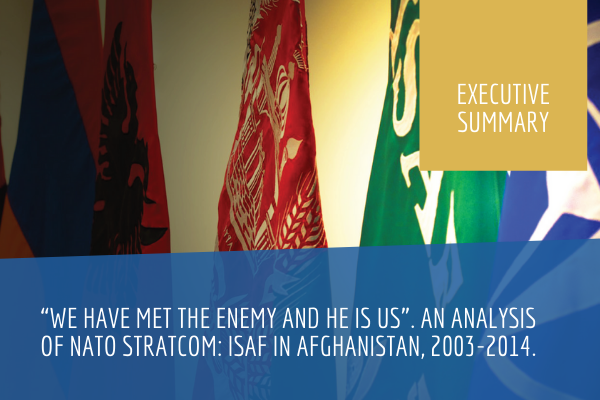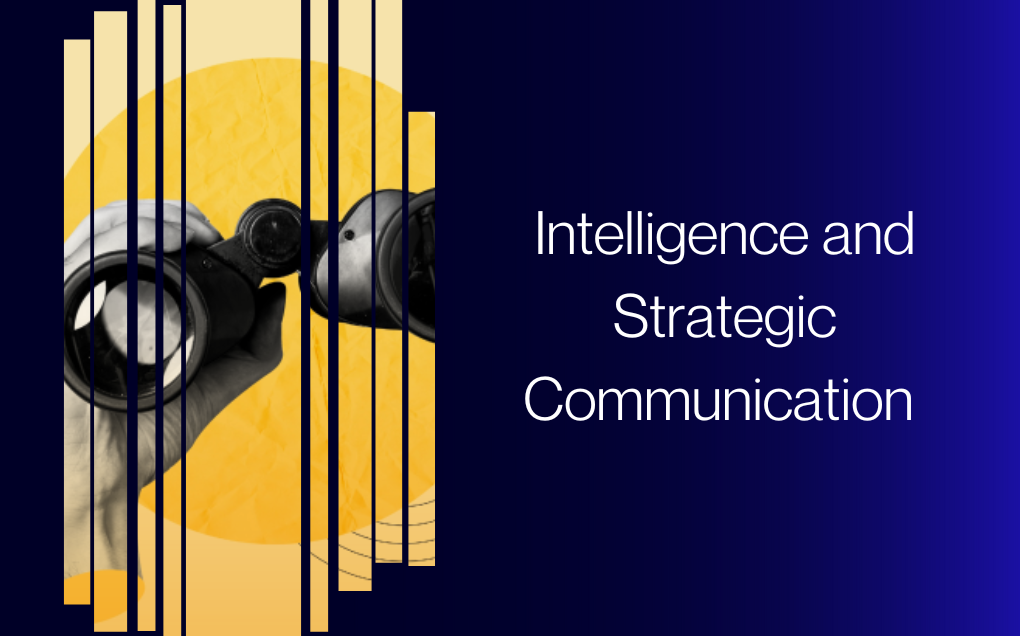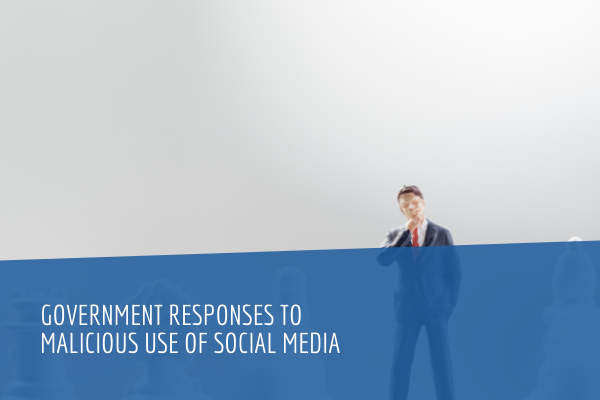The world is experiencing political turbulence. Buzzwords hijack political discourse, preventing, rather than enabling, meaningful critique and discussion. In this contested space it is imperative that NATO member states communicate between themselves in the most precise, efficient, and frictionless way and strengthen the alliance’s understanding and application of Strategic Communications.
In October 2017 the Netherlands, one of the NATO Strategic Communications Centre of Excellence (StratCom COE) founding nations, requested a Strategic Communications terminology review project. Over the past year a team of StratCom COE and external experts have been working to streamline and improve the language used in the StratCom community at NATO.
The project’s key objectives are:
- Ensuring that the core terms and definitions are coherent across different areas of NATO StratCom and can be equally understood and applied by the military and civilian side.
- Creating a sense of responsibility for Strategic Communications throughout all of NATO.
- Improving the core terms and definitions to enable NATO to speak to the rest of the world in a language that is intuitive and limits potential misinterpretations.
- Contributing to the process of building a joint and future-oriented outlook for Strategic Communications within NATO.
The project team has consisted not only of military and terminology experts but also of representatives from academia and business operating in the field of StratCom.
This is not the first attempt by the NATO community to address StratCom terminology, but it is the first occasion when an international body has become home to such a multi-national project and allocated resources specifically for this effort. The NATO StratCom COE has also ensured continuity and constant cross-sectoral and transatlantic participation in the project.
The following terms were discussed and agreed in the Terminology Working Group sessions. These serve as a platform for appraising a further list of terms already identified.
communication, n.: The exchange of meaning.
conversation, n.: An oral and/or visual exchange between two or more individuals.
discourse, n.: Accepted positions that constrain debates and shape worldviews; they are created and maintained through communication.
hybrid threat, n.: A threat of mixed origin that avoids declaration of war and accountability.
influence, n.: The ability to achieve effects on opinions and behaviour through words, images and actions.
information, n.: In strategic communications, processed data.
N.B. In NATO Intel Community, unprocessed data (information does not become ‘intelligence’ until it is processed).
information environment, n.: Dynamic physical and/or virtual settings interpreted by the mind.
intended audience, n.: Selected individuals or groups to be influenced.
manoeuvre, n.: The employment of resources in the operating environment to achieve a position of advantage over an adversary.
meaning, n.: The product of coding and decoding of a message or information.
message, n.: A transmitted and/or consumed unit of information enriched with meaning.
N.B. Sometimes the receiver attributes the qualities of a message to a unit of information that was not intended as a message.
message environment, n.: A setting where interaction of messages affects the meaning of an event or phenomenon.
narrative, n.: Morals drawn from stories.
operating environment, n.: The dynamic setting that impacts decision- making and behaviour for achieving a given objective.
script, n.: Pattern of expectations shaped by experience and idealisation.
story, n.: A temporally, spatially, and causally connected sequence of events.
strategic communications, n.: A holistic approach to communication based on values and interests that encompasses everything an actor does to achieve objectives in a contested environment.






